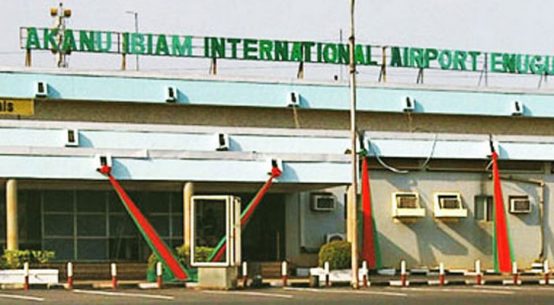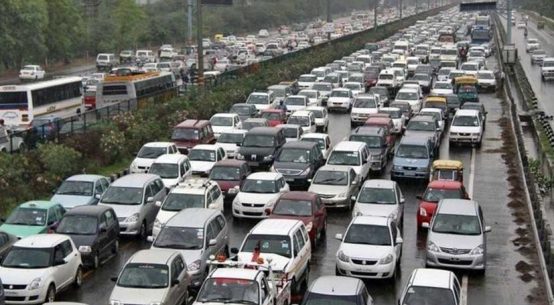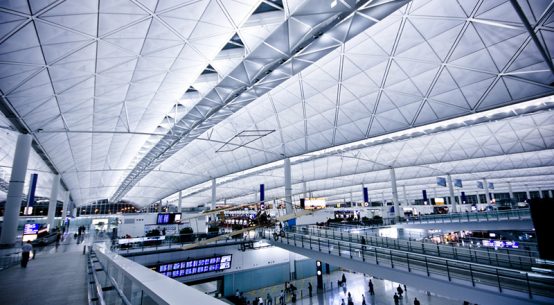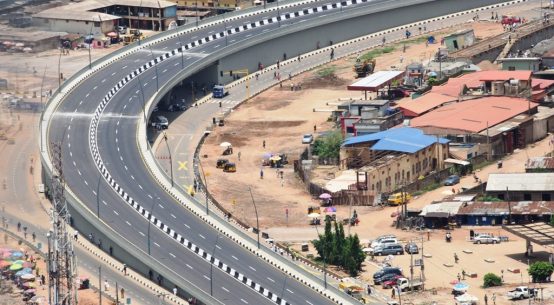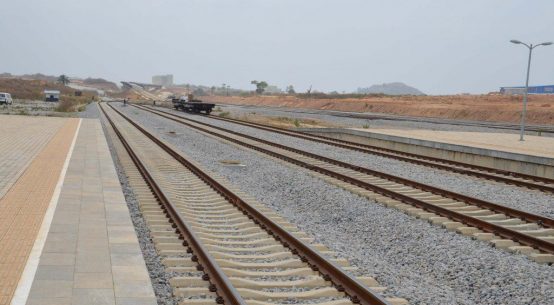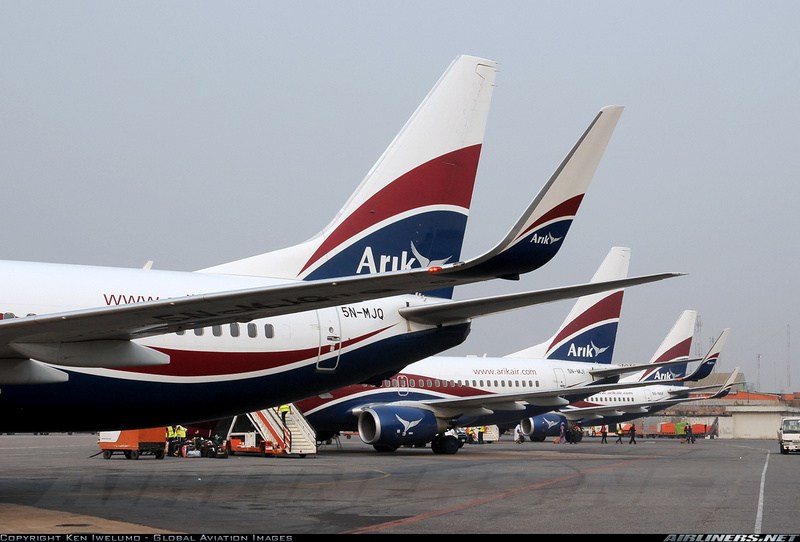
The slow pace of implementation of the liberalization of air transport in Africa, otherwise known as Yamoussoukro Decision, has led to an adverse effect on the development of civil aviation in the continent, President, International Civil Aviation Organisation (ICAO), the global aviation regulatory body, Dr. Olumuyiwa Bernard Aliu, has said.
The Yamoussoukro Decision was adopted in Yamoussoukro, Côte d’Ivoire on 14 November 1999 for the liberalization of access to air transport markets in Africa. This Decision was subsequently endorsed by the Assembly of Heads of State and Government of the African Union (AU) through Decision AHG/OAU/AEC/Dec.1 (IV) in Lome, Togo on 12 July 2000.
It followed up on the Yamoussoukro Declaration of 1988, in which many of the same countries agreed to principles of air services liberalization. In 2000, the Decision was endorsed by the head of states and governments at the Organization of African Unity and became fully binding in 2002.
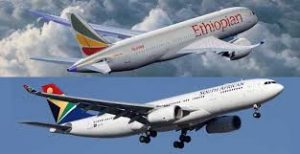
Aliu was speaking at a summit held in Abuja on the “phenomenon of Remotely Piloted Aircraft System in Africa.” The ICAO boss lamented that for over 20 years since African states made the declaration to liberalize air transport, not much has been achieved.
He said: “It is a pity it has not been implemented adequately in the past twenty years. I know also that there is a lot of effort under the leadership of African Union and African Civil Aviation Commission, to get to enhance the implementation of the Yamoussoukro Decision.
“Since it was passed in 1999, many of the states are yet to implement it. There is an adverse effect on the development of civil aviation in Africa, because the liberalization of market access facilitates the growth of traffic and ensures that member states derive full benefit from air transport.”
Despite the lackadaisical approach of African countries to the pact they solemnly declared in Yamoussoukro, Cote d’ Ivoire in 1999, only 21 out of 54 African nations have signed the agreement.
There are many reasons that the Yamoussoukro Decision (YD) hasn’t advanced as hoped in the best part of two decades. The potential dominance of some carriers is a common concern for certain governments.
Throughout Africa, many countries continue to restrict market access under the pretext that their national airline is not ready to compete in a liberalized market. Discriminatory practices have also hampered the pace of liberalization.
Some African countries have opened up to intercontinental traffic despite refusing access to their neighbours in Africa.
This is particularly apparent in West Africa, where non-African airlines tend to be given more third/fourth and sometimes fifth freedom traffic rights while Africa carriers are denied.
As a result, often the best connection between two African cities can be via Europe or the Gulf. Vice-President, International Air Transport Association (IATA), Raphael Kuuchi, told New Telegraph recently that it is absurd that it is possible to travel 13 times a week from Nairobi to London, yet impossible to travel directly from Nairobi to Dakar.
He said a potential five million passengers a year are being denied the opportunity to travel, trade and spread economic and social development.
Besides, he said the problem is exacerbated by the European Union (EU)’s ban on several airlines for safety reasons, adding that lack of confidence in safety oversight has resulted in some airlines with good safety records being put on the list. Not surprisingly, about 80 per cent of intercontinental traffic to and from Africa is carried by non-African airlines.
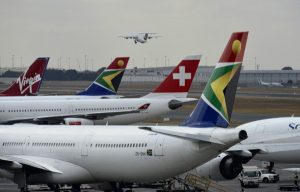
Moov LogisticsNews’ findings indicate that bilateral restrictions rule the skies in Africa as was the case in Europe three decades ago. Before an African airline can fly from its home nation to another on the continent, it must be designated as an approved carrier by both countries. For state-owned airlines, this process is relatively straightforward. For private sector start-ups, it can take years. Greasing a few palms may help. Further complicating matters, the number of carriers and the frequency of flights permitted on popular trunk routes is typically restricted. If several carriers already ply the route, tough luck. The upshot for passengers is depressingly familiar: low choice, high fares.
Bilateral air services agreements are not uncommon around the world—most regions operate the same way, Europe and North America being the exceptions. But nowhere else is the lost potential of liberalization so sorely felt than in Africa. Commercial aviation offers a route to much needed economic development, by shuttling business people and tourists around the continent to spend their money and do their work. According to IATA, an airline-industry group, cross-border deregulation between just 12 African countries would create 5m new passengers, $1.3 billion in annual GBP and 155,000 jobs.
Twenty years ago, while Western travellers were becoming acquainted with the benefits of open skies, African policymakers laid down their own roadmap for liberalization. This so-called Yamoussoukro Decision (YD) promised to create a single air transport market across Africa by 2002, tearing down existing bilateral regimes. Fast-forward 20 solid years and nothing has changed.
These are reasons behind the skepticism observers voiced at the African Union’s claim—triumphantly proclaimed at a meeting of the African Airlines Association in November 2015 — that 13 member states have re-affirmed their commitment to implementing YD by 2017.
There are good reasons for pessimism. Creating the conditions for efficient companies to succeed, by definition, means ensuring that inefficient ones fail. In Europe, the rise of Ryanair in Ireland and easyJet was accompanied by the fall of Sabena in Belgium and Malév in Hungary. In America, it was Pan Am and TWA that fell victim to deregulation—or, more accurately, to their failure to compete in a deregulated market. And so it will be in Africa. Kenya, Egypt and South Africa—three of the 13 countries now supposedly committed to YD—all prop up flag-carriers that operate with heavy losses. Each survives on a combination of state bailouts and restrictive bilateral agreements that shield them from competition. Without these safety nets, their losses would spiral out of control. Sooner or later, their governments would have to pull the plug.
Why not simply allow them to fail? Two uncomfortable reasons. First, parastatals like national airlines tend to be a handy way for government officials to dish out jobs to cronies. Neither the beneficiaries nor the benefactors of this illicit set-up want to ground the gravy plane. The defunct Nigeria Airways is a good case study in official corruption of airline management due to government officials underground control. Second, they invoke national pride. Flag-carriers are not ordinary companies. They are emblems of statehood; physical embodiments of the maturity of a nation. They allow dignitaries and government officials to hold their heads high when jet-setting to foreign lands.
In 2015, Democratic Republic of Congo and Djibouti resurrected their defunct flag-carriers. At least five others—Ghana, Nigeria, Somalia, Uganda and Zambia—are working to the same end. If these countries create commercially viable airlines, they will have done a great service to their people and economies. But if they keep their parastatals alive by suppressing competition and maintaining airfares at artificially high levels, they are guilty of the opposite.
Africa does have well-run airlines that would thrive in a deregulated market. Unsurprisingly, they are keen to be set free. “We have to copy the European model for aviation,” says Tewolde GebreMariam, the boss of Ethiopian Airlines, the continent’s fastest-growing and most profitable carrier. “A billion people in Africa have to take this opportunity for them to grow, for them to trade, for them to attract tourism.″ It’s a nice idea, but perhaps best he doesn’t hold his breath.
His words: “I am sure, in Africa, it will be the same situation. I see a lot of enthusiasm during the symposium and the workshop.
The hall was filled with people asking many questions. It is an indication that there is a lot of interest.
Particularly that you can use the technology for different things, either private or government initiatives such as border patrol, in agriculture, in education, in photography.” So, it is left literally to the ingenuity of people on how they want to apply the technology. And the expansion is so rapid that we can barely catchup with the expansion.
This is why it is important that every country should develop a framework to regulate these activities in a manner that you can still take advantage of it to ensure safety, security and efficiency, the sustainability, even the issue of privacy, have to be looked into. So, it is a challenge for regulators to be able to catch-up in order to put such a framework in place.”
- Research by Tola Ojoba (MLN senior correspondent), and additional reports from The Economist



